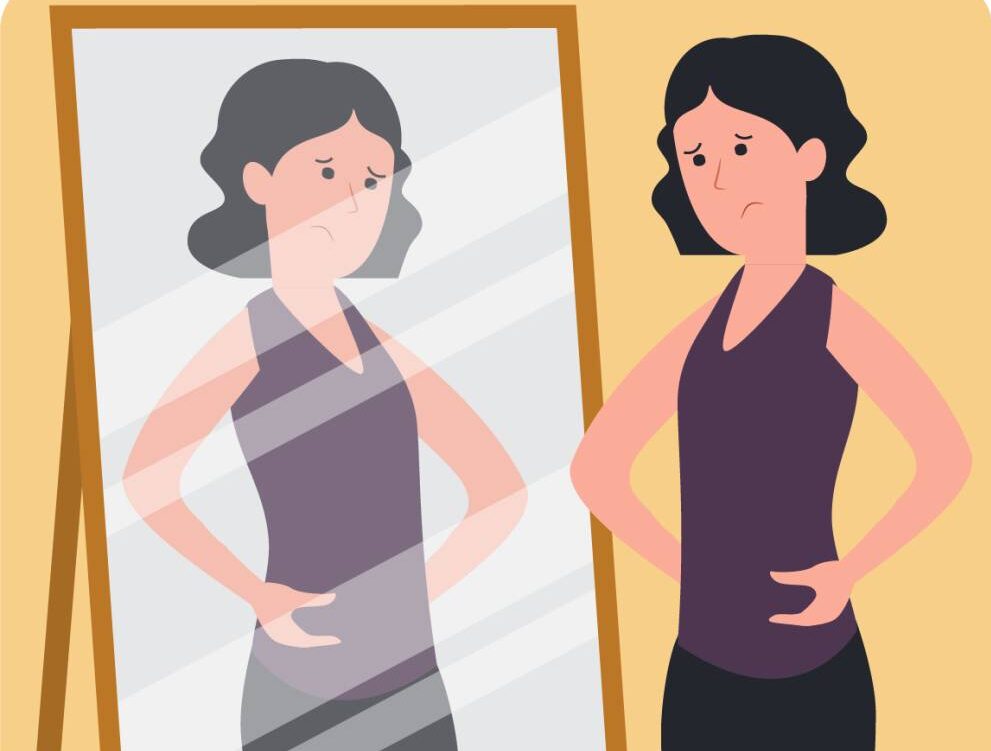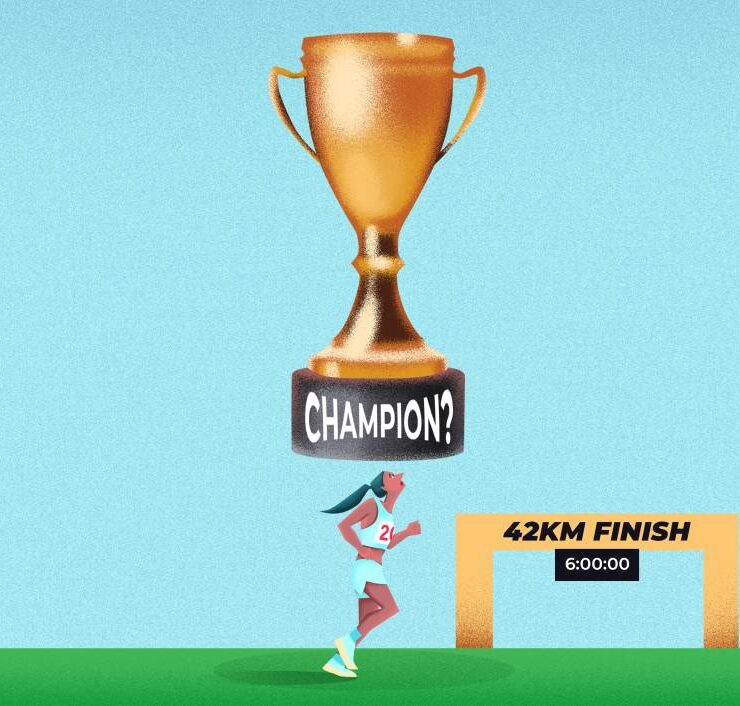How trauma and personality affect weight loss

I recently tuned into “The Truth About Weight Loss Summit” online, where Dr. Jen Howk, an interdisciplinary social scientist and psychology coach at TrueNorth Health Center, discussed how trauma, personality, and evolution affect our struggle with food and weight.
Dr. Howk helps individuals going through TrueNorth’s plant-based nutritional programs. Her insights reminded me how deeply forces beyond sheer willpower influence our habits and choices. Her perspective reframes weight loss as a battle against calories and a negotiation with our Stone Age instincts.
“We didn’t have addictive problems in the Stone Age because we didn’t have addictive substances then,” she pointed out. “No one’s in Arugula Anonymous.”
In her view, many of us are falling into what she calls the “pleasure trap.” The idea that we’re biologically wired to respond to natural pleasures like food and sex in moderation makes sense. Back in our hunter-gatherer days, survival depended on scarcity, not abundance.
The modern food landscape, however, has created supernormal stimuli that overwhelm our natural satiety responses. Our brains haven’t adapted to artificial flavors and hyper-processed foods. A candy bar or bag of chips isn’t just food; it’s a dopamine delivery device, amped up from the satisfaction our ancestors found in fruits or vegetables.
It’s a primitive instinct hijacked by modern convenience. “When we tweak substances, making our food supernormal, it hijacks our pleasure pathway, it’s no longer a natural amount of pleasure inducing you to keep doing something natural for a natural amount of time. It’s a supernormal signal that the brain has never calibrated to, or learned to adapt to, so it will say, ‘Hey, this is the best idea you’ve ever had. You should keep doing this all day long,’ to the exclusion of anything else that might compete with it. That’s the same outcome in studies of rats in cages hitting the cocaine button over and over again until they’re dead,” she said.
Your personality
Dr. Howk emphasized the importance of understanding how our unique personalities affect our relationship with food.
For instance, if you’re naturally easygoing and agreeable, you might find it harder to say no to social eating or to set boundaries when friends or family members encourage indulgence. You might be a people-pleaser who cares more about keeping the peace than keeping to a meal plan.
Conversely, if you’re highly conscientious, you might obsess over every calorie or gram, possibly setting yourself up for what Dr. Howk calls the “ego trap.” This is when you feel societal pressure to appear disciplined, and any perceived failure like eating cake at a party spirals into feelings of shame or inadequacy.
“Some people are just excuse makers. The dog-ate-my-homework kids become the dog-ate-my-homework adults. If these excuses preserve their status, how can they overcome these excuses? It’s not unsolvable. We fight against our instincts all the time. We are the only species who can override this instinct,” said Dr. Howk.
There isn’t one “right” personality for weight loss; just understand your strengths and limits. Knowing your tendencies can guide your weight loss strategy. If you lean toward a Type A mindset, it might mean moderating your expectations and aiming for progress, not perfection. For others, it may mean choosing more realistic approaches to avoid burnout.
Reshaping your environment
Another powerful point Dr. Howk made was the importance of the environment in overcoming addictive patterns with food. Just as an alcoholic wouldn’t thrive bartending, we can’t realistically expect to beat cravings while surrounded by tempting treats.
This hit home because I’ve realized that when I create an environment that supports my health goals, stocking my fridge with whole foods instead of vegan junk food, for example, I’m less likely to make choices that sabotage my progress.
Dr. Howk’s advice? Engineer your environment so you don’t have to rely on willpower alone. Willpower is a finite resource, and relying on it constantly is like trying to fuel a marathon with espresso shots. Eventually, it wears out, leaving you vulnerable to the inevitable cravings.
By arranging your surroundings (keeping healthy options readily available and minimizing choices), you reduce the mental load of making “good” decisions throughout the day.
One of the trickiest challenges Dr. Howk described is the ego trap. For many, weight loss is tied to status or self-worth, so much so that they might set overly ambitious goals or feel they need to broadcast every success and setback. This can make any lapse feel like a judgment on character, not just a missed workout or extra treat.
Dr. Howk encouraged approaching this with humility, acknowledging that success doesn’t have to be all-or-nothing. A B+ diet, she explained, can be far more sustainable and beneficial over time than chasing the perfection of an A+, which often leads to burnout or bingeing. The pressure we put on ourselves to appear disciplined can backfire, trapping us in cycles of extremes that lead to more frustration.
Tailoring your timeline and goals
One of Dr. Howk’s most compassionate insights was the reminder that not everyone’s journey looks the same. If your goal is to lose weight, expecting it to happen on someone else’s timeline can be discouraging. She stressed the importance of realistic goal-setting: Some of us are wired for faster progress, while others, maybe due to personality traits or genetic factors, might need a slower pace.
Tailoring your goals to align with your lifestyle and personality might mean aiming for a pound a month instead of three. If you’re like me, maybe it’s a reminder to be proud of progress that respects the body and mind as they are, rather than how we wish them to be.
Dr. Howk highlighted that weight loss or any lifestyle change is about self-knowledge and acceptance. Knowing yourself is an advantage, not a limitation. This perspective can be especially freeing for those of us who deal with chronic conditions or demanding life circumstances. We can only succeed by working with, not against, who we are.
The idea that every misstep must be punished or corrected, rather than understood, is a trap many fall into. Recognizing that setbacks happen and then making peace with our personalities allows us to build resilience and adaptability for a lifetime.





















